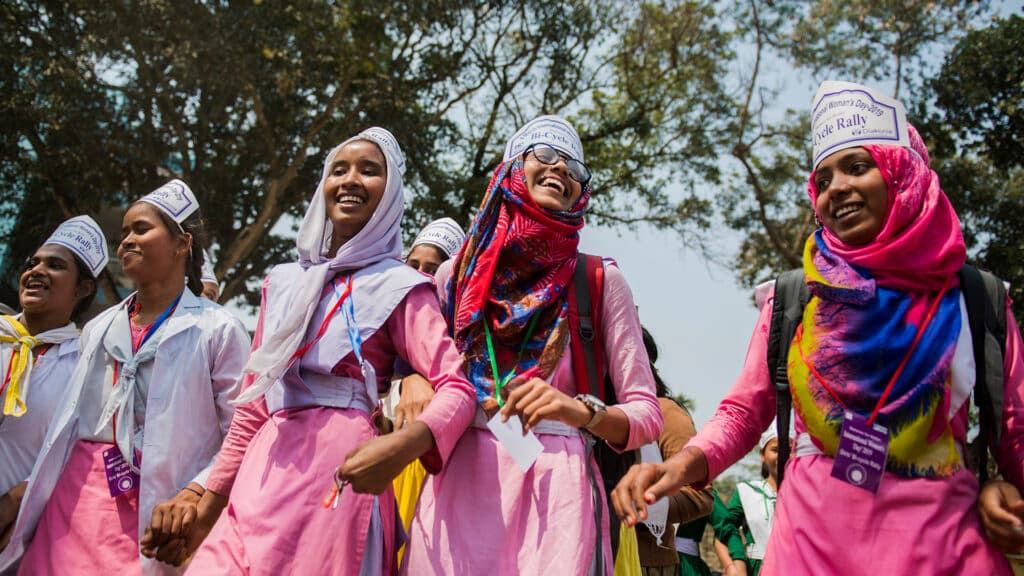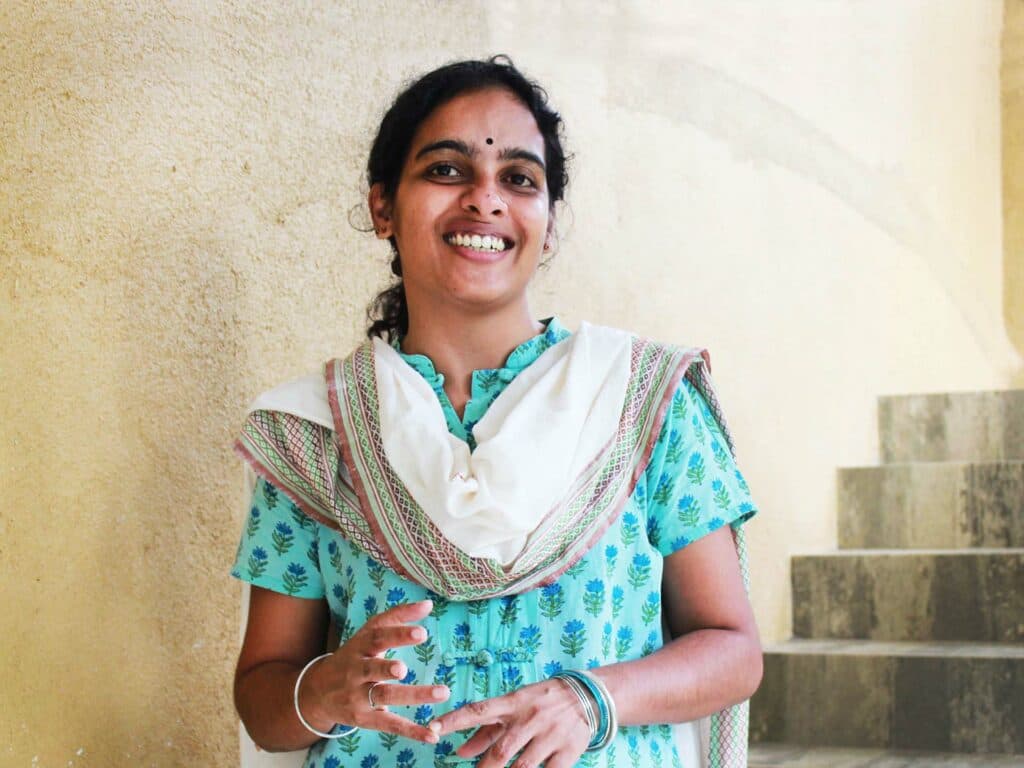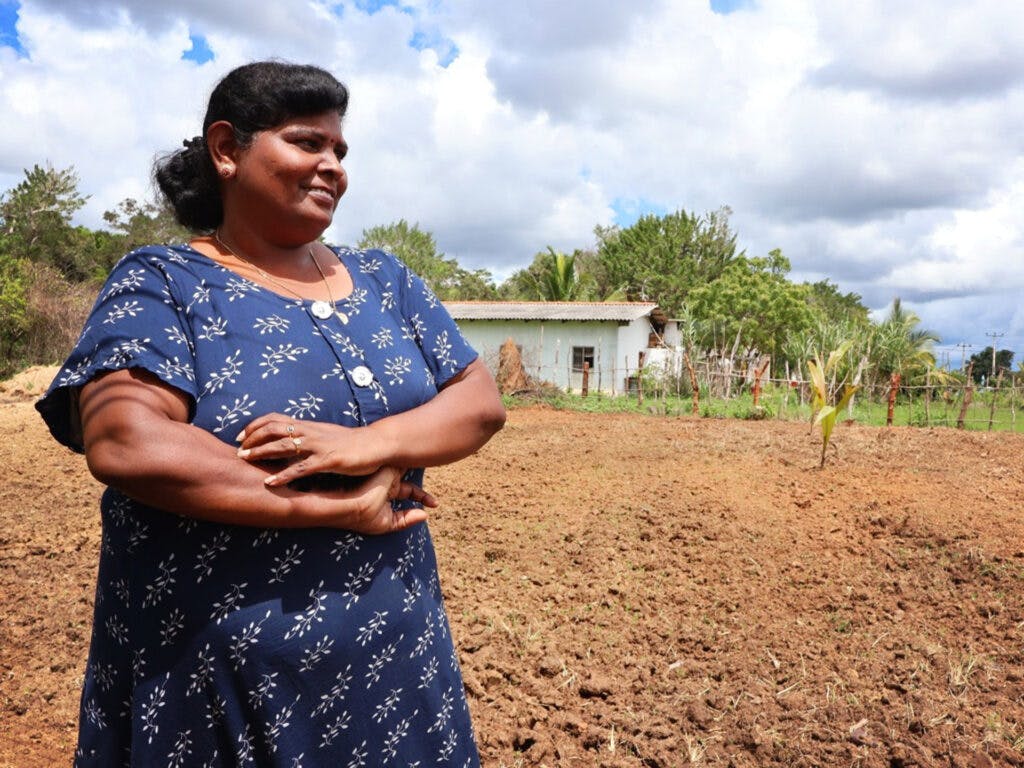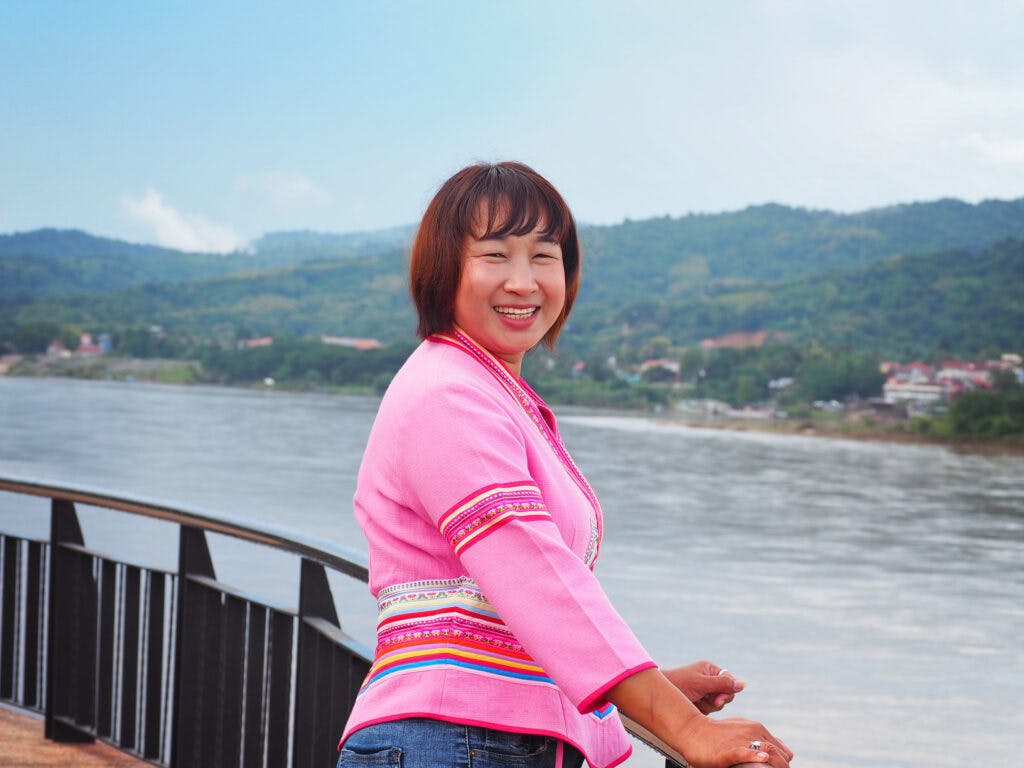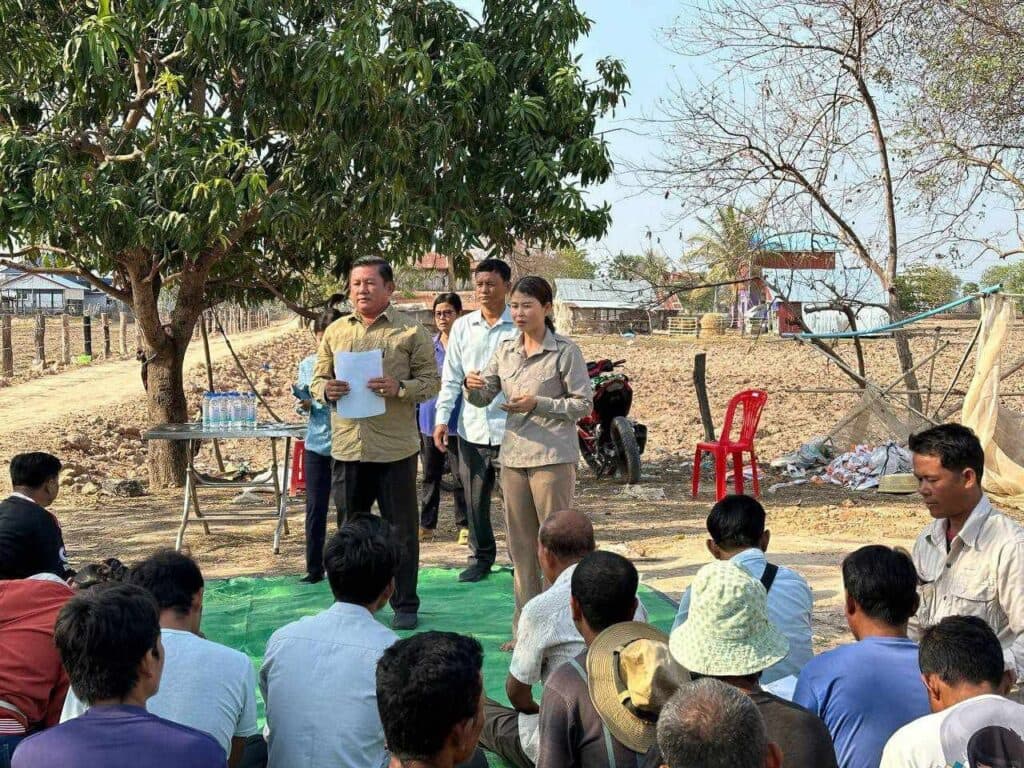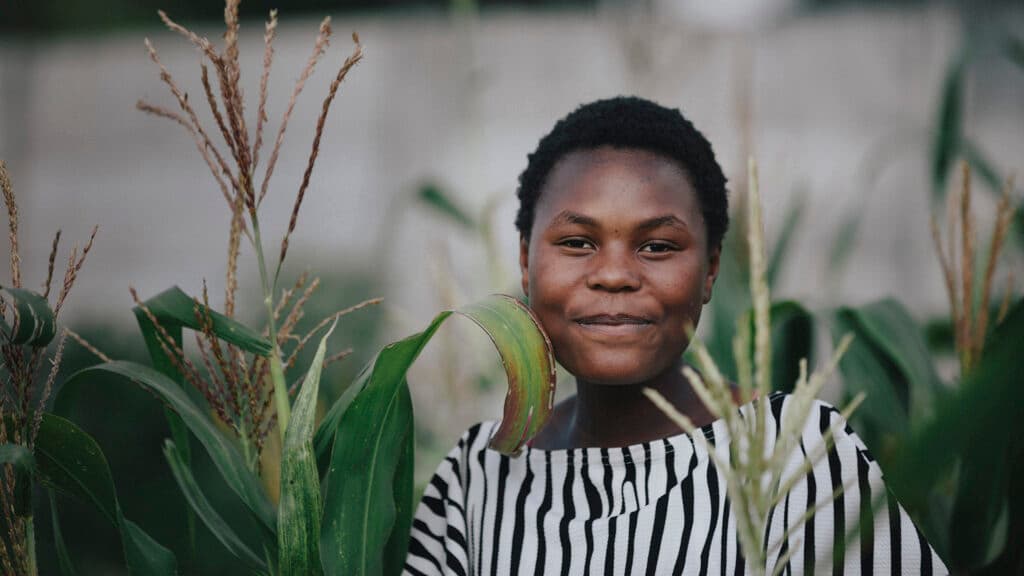
Rebuilding Coexistence with Traditional Wisdom
Ethnic tensions have shaped Sri Lanka's history, resulting to a 26-year civil war that ended just over a decade ago. Now, the Muslim Women's Research and Action Forum (MWRAF) is utilizing the power of traditional storytelling to bridge communities and revive a once-thriving culture of coexistence. This innovative approach, developed in partnership with Diakonia, demonstrates how age-old wisdom can tackle modern challenges of social division.
Storytelling has long been a powerful way of communicating lessons and learnings. From fables to myths, our earliest memories are often shaped by narratives. The art of weaving lessons into stories is deeply rooted in many cultures and traditions. However, with the advancement of technologies and the rapid popularity of social media, only selected messages tend to gain traction, with sensational content being viewed, shared, and liked more frequently.
Storytelling as a Tool for Social Harmony
In light of this shift in communication patterns and the potential loss of traditional wisdom, the Muslim Women’s Research and Action Forum (MWRAF) is taking innovative steps to address this challenge. MWRAF is using traditional methods of communication, such as developing scripts that incorporate folklore and folk songs, to explore the ancestral cultural ties and educate youth about the rich heritage of communal harmony that once existed in the region.
MWRAF has brought these cultural narratives to life through skits performed by Muslim and Hindu women, youth, and children, showcasing the values of coexistence, ethnic harmony, and shared living. The intention is to present these performances at local events, reflecting the golden era of the pluralistic culture that once existed between the two communities.

In a collaborative effort to blend tradition with modern approaches to address challenges, MWRAF has worked with Mr. Chandralingam, a 73-year-old social worker and long-time volunteer. He believes in MWRAF's vision of fostering understanding and coexistence among different communities. He explains the historical context:
“The demographic layout of the two communities once blended seamlessly, like the delicate combination of Pittu and coconut , a traditional Sri Lankan dish. Just as these ingredients come together to create a harmonious dish, our communities were once intertwined. They got together during festivities and seasonal celebrations, sharing and caring for each other. The interdependence was significant. This was the scenario before the war.”
He views the current divide between the communities as a result of political manipulation and believes that it is crucial to find ways to mobilise them towards positive change.“The use of art and culture, like folklore and folk songs , will be a good approach in this endeavour,” Chandralingam says.

Reviving Folklore
The efforts are already making an impact, receiving positive feedback from different groups. The youth involved in the skit shared their thoughts on the experience, highlighting how relevant these messages are in today’s context:
“We did not even know that these customs existed or that the two communities were so intertwined in their activities. We came here to get trained in livelihood, and it is amazing to also receive a life lesson on living in harmony.”
Rizwanul Jennah, Women's Development Officer, attached to the Ampara District Secretariat, who was present at the performance, expressed her appreciation:“This is a nice idea. The younger generation does not know of a time when people lived this way. They too can see the possibility of living in harmony.”
She was happy that MWRAF intends to perform these skits at the community and village level and looked forward to hearing more. Recalling her grandmother’s stories, she added:
“My grandmother used to tell me how people worked in the field together, shared meals, and lived in harmony, but these were just stories; I did not know they were real. Now I can see how it could have happened. This is more important than fighting about roads and borders.”

Diversity and Coexistence
MWRAF believes that there is strength and richness in diversity. Their aim is to use interactive events like these to educate and unite people. These initiatives are creating opportunities to share positive messages and encourage critical thinking about coexistence. Diakonia plays a crucial role in ensuring the sustainability of these initiatives and promoting creative communication methods through its partnerships with organisations like MWRAF.
"It is important that positive messages are communicated through various means. By involving the community in script development, they get the opportunity to role-play. As a result, the messages resonate more deeply and are easily internalised," said Sumangalie Atulugama, Diakonia's Program Officer in Sri Lanka.
As the present generation is more educated and knowledgeable, MWRAF recognizes the importance of providing proper background information along with life lessons on how to apply this knowledge in today’s context. They acknowledge that changing minds will take time and that the process will be slow, but they remain committed to cultivating unbiased opinions about each other.
Chandralingam, the man behind many of these initiatives, shares his philosophy:

“Life is short, we are here for a short time only. War has kept us apart for too long. We need to be together. There is no point in fighting. We must live in happiness.”
Chandralingam
The Path Forward
In a world where communities are becoming more distant and reluctant to engage with one another, initiatives like those implemented by MWRAF and supported by dedicated individuals like Chandralingam are becoming increasingly important.
By reviving and adapting age-old storytelling techniques, youth and communities are reminded of the value of accepting one another, embracing diversity and appreciating the unique contributions of every individual – whether in food, customs, or perspectives.
As Sri Lanka navigates its path towards reconciliation, these grassroots efforts demonstrate the power of cultural wisdom in fostering a more harmonious and inclusive society.
About the Partner - MWRAF
Muslim Women’s Research and Action Forum (MWRAF) is working to cultivate an inclusive Sri Lankan identity in which diversity is recognized and respected. MWRAF advances the state of Muslim women’s rights and ensures their access to justice by empowering women to critically analyze the issues that affect them and take a stand against injustice through research-based platforms. Their work also supports the economic empowerment of women in the districts of Ampara, Badulla, Batticaloa, and Colombo in Sri Lanka. They engage with religious leaders (Mowlavis and Mowlavias) to foster peaceful coexistence among all ethnicities, providing comprehensive knowledge of religious texts, and encouraging religious communities to live with dignity.

